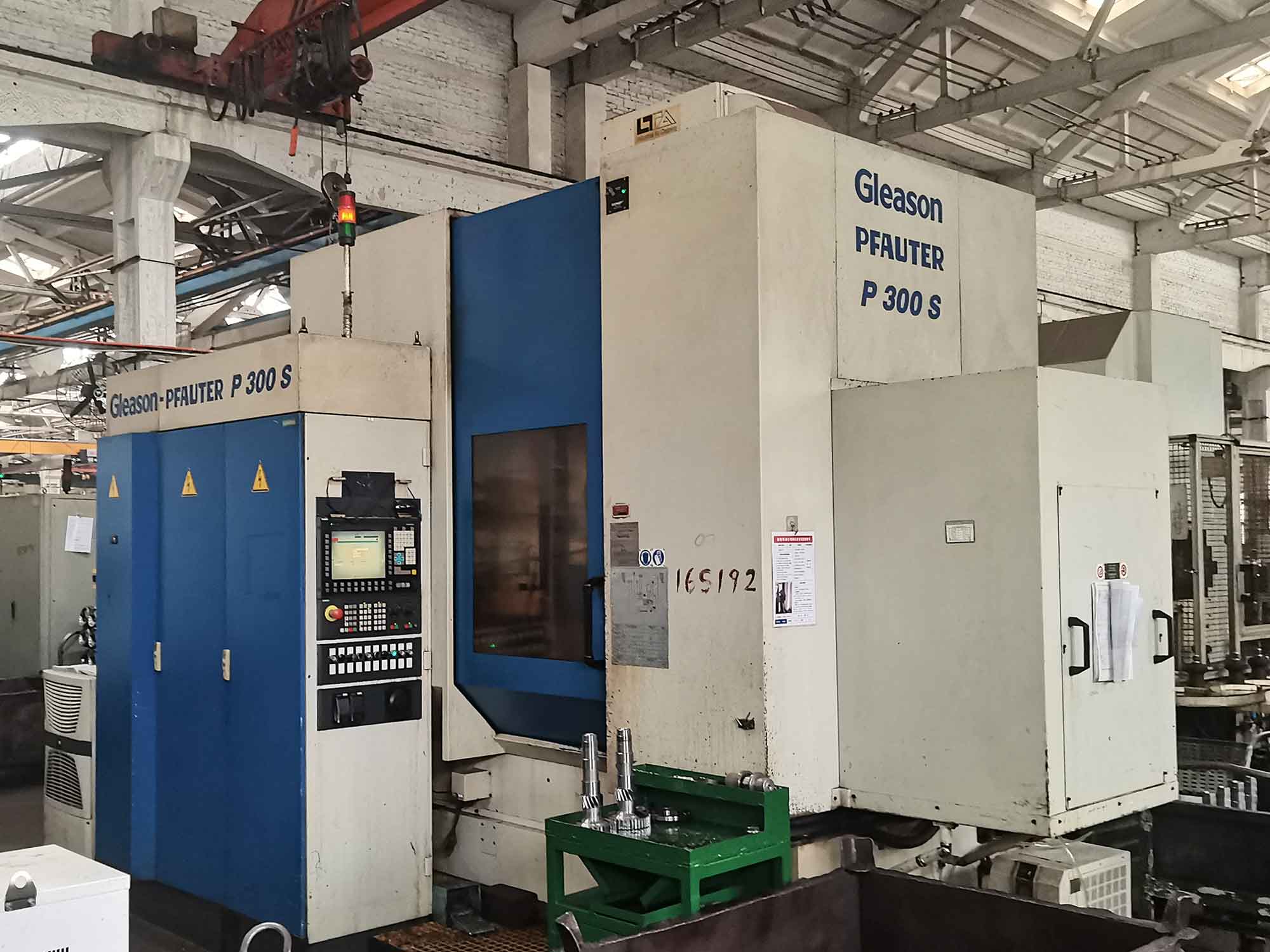
The global impact of gear manufacturer on the heavy machinery and equipment industry is significant due to several key factors:
- Innovation and Technology: Gear manufacturer is central to advancements in heavy machinery. They continuously innovate to create more efficient, durable, and precise gears, which are critical components in virtually all heavy machinery. This includes developments in materials science, such as the use of advanced metals and composites, and in manufacturing techniques like 3D printing and precision machining.
- Industry Efficiency: Gears are fundamental for the transmission of power in heavy machinery, affecting the performance, efficiency, and longevity of the equipment. As gear technology improves, so does the operational capability of machinery in sectors like construction, mining, agriculture, and manufacturing. Efficient gears help in reducing energy consumption and increasing the speed and load capacity of heavy equipment.
- Global Supply Chains: Gear manufacturer is often part of complex global supply chains. Their ability to deliver high-quality components reliably and efficiently has a ripple effect through various industries worldwide. Disruptions in the supply of gears can lead to significant delays in manufacturing and construction projects, highlighting their critical role.
- Economic Impact: The gear manufacturing industry contributes significantly to economies around the world, employing thousands in engineering, manufacturing, and related services. The demand for more sophisticated and environmentally friendly machinery also drives research and development in this field.
- Environmental Considerations: There is a growing emphasis on reducing the environmental footprint of heavy machinery. Gear manufacturer contribute by designing gears that operate more smoothly and reduce energy consumption, thus helping equipment gear manufacturer meet stricter environmental regulations.
- Market Adaptability: The ability of gear manufacturer to adapt to market changes, such as shifts towards renewable energy technologies (e.g., wind turbines) and automation, is crucial. This adaptability supports the evolution of entire sectors by enabling more advanced applications and improving the efficiency and safety of heavy equipment.
- Customization and Specialization: As industries evolve, there is a rising need for customized and specialized gears to meet specific operational requirements. Gear manufacturer that can provide bespoke solutions enable heavy machinery to operate in unique or extreme conditions, such as deep-sea environments, high-altitude locations, or extreme temperatures. This capability not only enhances the versatility of heavy equipment but also expands the potential for innovation within various sectors.
- Quality and Reliability: The quality of gears directly impacts the reliability and safety of heavy machinery. High-quality gears reduce the risk of machinery failure, which is crucial in industries where equipment downtime can lead to significant financial losses or safety hazards. Gear manufacturers invest heavily in quality control and testing to ensure that their products meet stringent industry standards.
- Regulatory Compliance: With the tightening of global regulations on emissions and safety, gear manufacturer play a critical role in helping equipment gear manufacturer comply with these regulations. This involves developing gears that can operate under lower emissions standards and contribute to safer operational protocols. Compliance not only affects the design and material choice but also the production processes of gears.
- Training and Services: Beyond manufacturing gears, many companies in this sector also provide comprehensive training and support services. This education ensures that operators can maximize the performance and lifespan of their equipment, further enhancing the value that gear manufacturer add to the heavy machinery industry.
- Economic Development in Developing Countries: Gear manufacturer often set up production facilities in developing countries to capitalize on lower labor costs and closer proximity to emerging markets. This localization not only supports local economies through job creation but also builds industrial capabilities and infrastructure in these regions.
- Research and Collaboration: Many gear manufacturer collaborate with academic institutions and industry leaders to push the boundaries of what’s possible in gear technology. These collaborations often lead to breakthrough innovations that can transform entire sectors, demonstrating the dynamic role gear manufacturer play in fostering industrial advancement and cross-sectoral synergy.
Overall, the role of gear manufacturer in the heavy machinery and equipment industry is pivotal, driving technological advancements, enhancing industry efficiency, impacting global supply chains, and influencing economic and environmental outcomes. Through these diverse impacts, gear manufacturer are integral to the progression and efficiency of the heavy machinery and equipment industry. They not only contribute to technological advancements but also to the economic and environmental sustainability of this critical sector.
